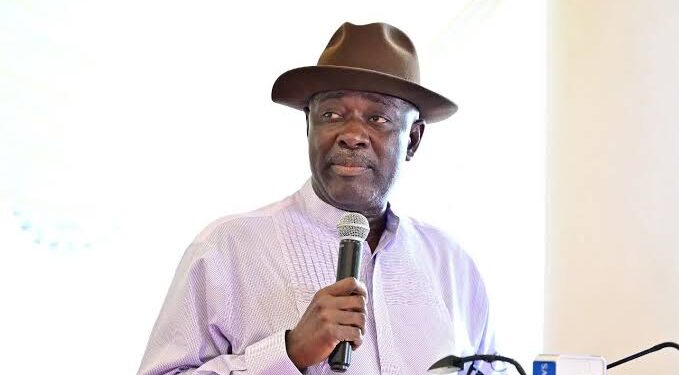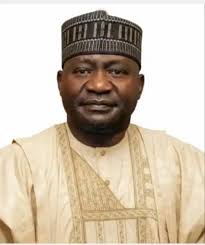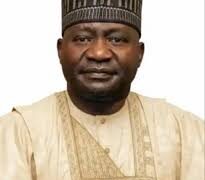Nigeria is actively strengthening its local energy supply chain to protect the oil and gas sector from global disruptions.
According to the Minister of State for Petroleum Resources (Oil), Senator Heineken Lokpobiri, this move reflects growing urgency.
Speaking at the 2025 Nigeria Annual International Conference and Exhibition of the Society of Petroleum Engineers in Lagos, he emphasised the risks.
External shocks—including sanctions, currency instability, and regional conflicts—have increasingly exposed vulnerabilities in the global energy trade network.
Although Nigeria continues to value its international partnerships, the government is simultaneously prioritising homegrown capacity to withstand potential disruptions.
“While we continue to engage internationally, we must strengthen local capacity and resilience to prevent severe future shocks,” he stated.
To address these concerns, the government is deploying targeted reforms aimed at positioning Nigeria as a secure, investor-friendly energy destination.
Lokpobiri explained that the Petroleum Industry Act has already helped liberalise the sector, boost revenue, and enhance investor confidence.
Moreover, several executive orders and fiscal incentives have expanded private sector participation, encouraging new partnerships with foreign governments and companies.
This momentum, he added, clearly underscores the rising global interest in Nigeria’s rapidly evolving and increasingly competitive energy framework.
In a significant capacity-building initiative, the Federal Government is partnering with three British universities to establish a postgraduate energy university.
The planned institution in Kaduna will focus on enhancing Nigeria’s technical expertise and training specialists in sustainable energy practices.
“These actions form part of a comprehensive strategy to localise innovation, reduce foreign dependency, and ensure sector-wide stability,” he added.
Lokpobiri also urged energy stakeholders, policymakers, and scholars to take this opportunity to exchange ideas and drive innovation.
“Let us embrace technology, nurture homegrown expertise, and attract investments that guarantee sustainable long-term growth,” he passionately concluded.





































